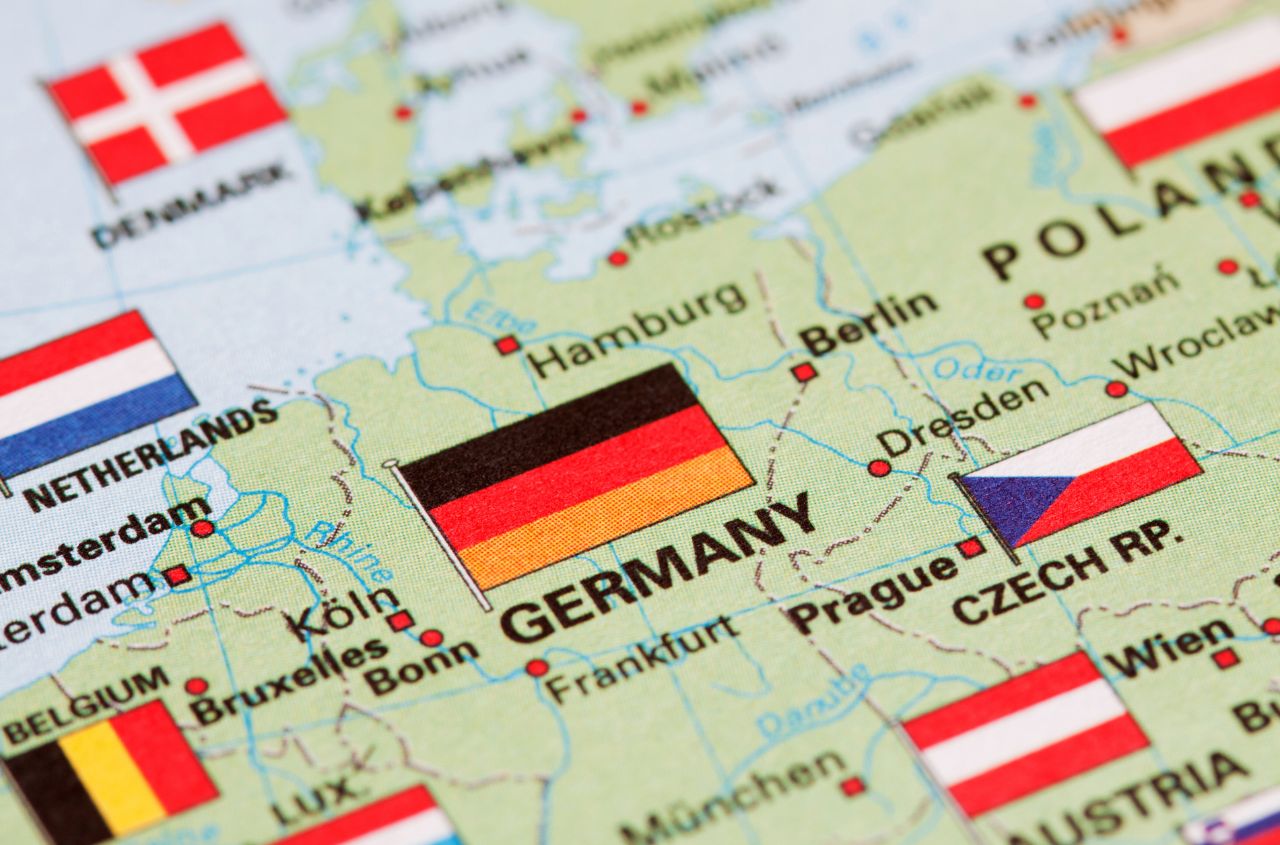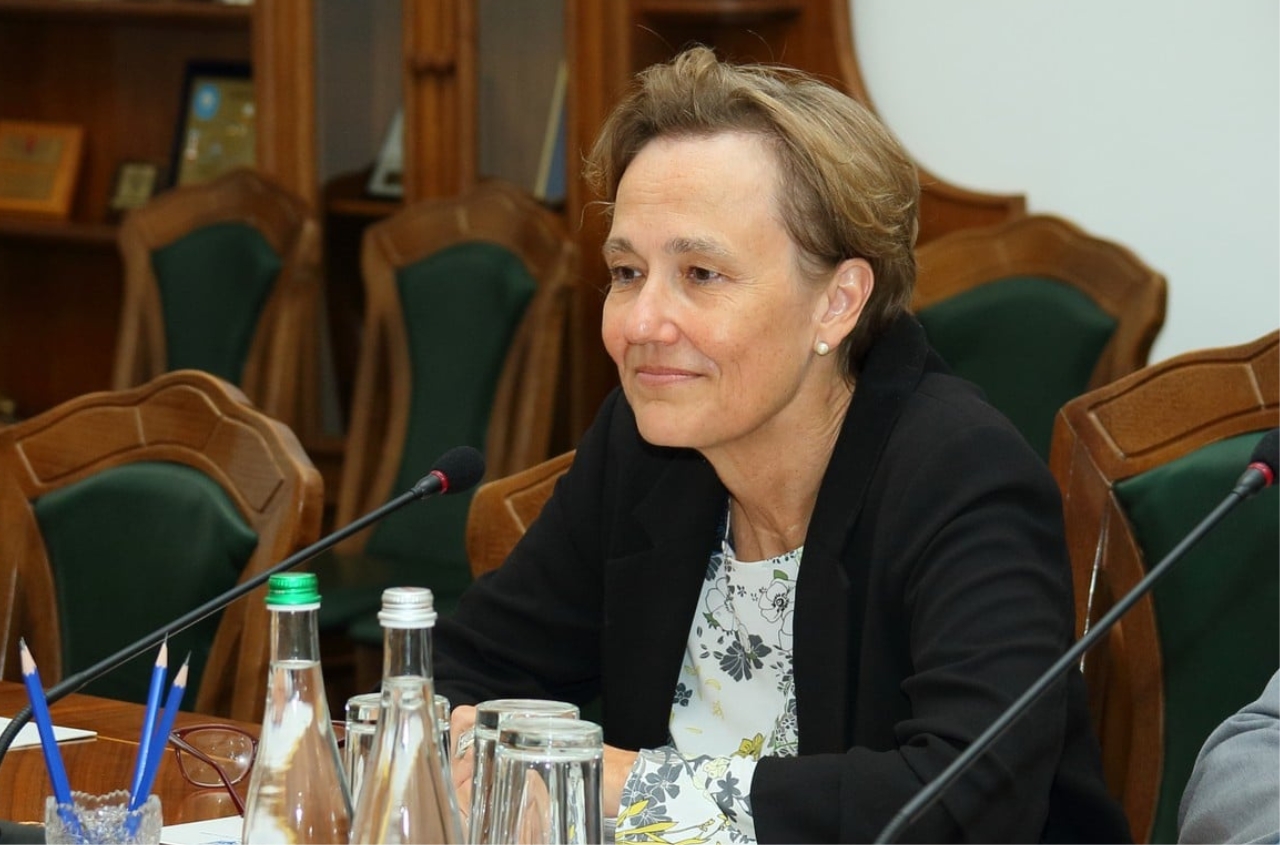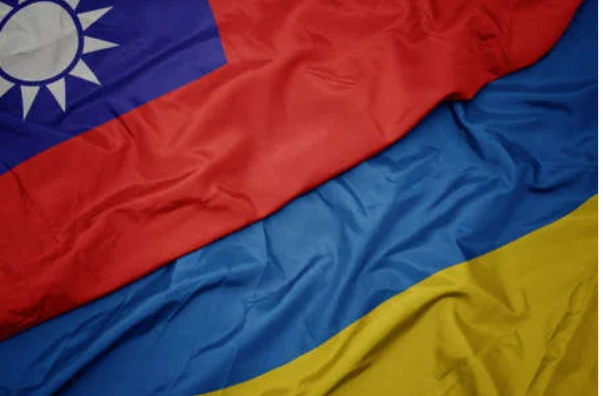German foreign and defense policy expert Christian E. Rieck, who teaches War Studies at the University of Potsdam, argues that Germany today needs credible “hard power” — capable of projecting influence beyond Europe.
His key points:
After Germany’s reunification in 1990, Berlin built its foreign policy model as a “civilian power” (Zivilmacht) — relying primarily on soft power: cooperation, science diplomacy, economic strength, and institutional engagement.
This approach made Germany a leading economic and political force in Europe, and for decades, soft power proved effective.
However, Rieck notes that the global order has changed — great power competition has intensified, and authoritarian actors have become more assertive. A focus solely on soft power no longer fits today’s realities.
Germany now needs not just “soft power” but credible “hard power” — military and defense capabilities ready for projection beyond Europe.
In response to Russia’s war against Ukraine, Germany announced its Zeitenwende — a strategic shift in security and defense policy that acknowledges the need to boost defense investments, not only for national security but also as part of global burden-sharing.
Yet Germany’s efforts remain primarily European in scope — focused on NATO’s eastern flank and cooperation with Poland, the Baltic, and Nordic countries.
Rieck stresses that Germany cannot remain a purely regional actor; it must adopt a global perspective — especially in the Indo-Pacific, where major geopolitical competition is unfolding.
Despite the Zeitenwende, Germany still faces shortcomings — its armed forces lack operational and global readiness, and it remains hesitant to project real power.
To become a genuine global player, Germany must not only expand its resources but also define a clear strategic plan — when, where, and against whom to apply “hard power.”
This policy shift opens new opportunities for partnerships, as Indo-Pacific nations may gain a more active European ally.
Yet, such a transformation will not be painless — for Berlin, embracing a more realistic and forceful foreign policy will require deep internal reform and a rethinking of its values, interests, and instruments.





















